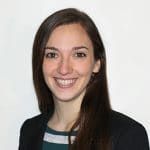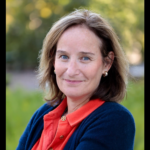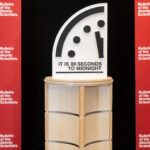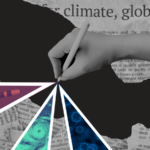Dr. Siegfried S. Hecker to head Bulletin’s Board of Sponsors and welcome four new members
By Gayle Spinazze | December 29, 2022
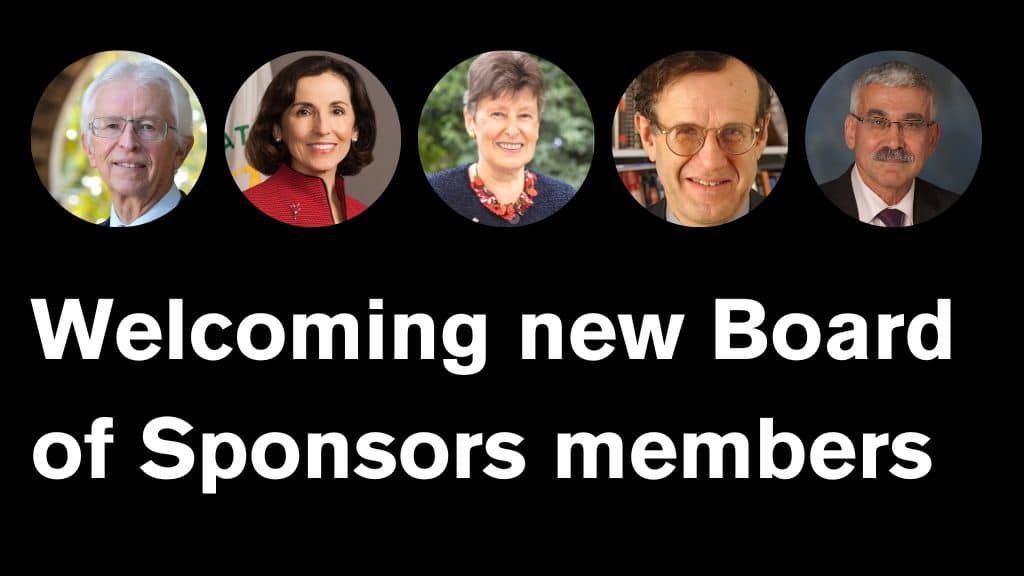
The Bulletin of the Atomic Scientists welcomes Siegfried Hecker as chair of the organization’s illustrious Board of Sponsors, a group created by Albert Einstein and first led by Robert Oppenheimer.
Siegfried Hecker is director emeritus at the Los Alamos National Laboratory where he worked extensively alongside Russian and Chinese counterparts to enhance nuclear safety and security. He served as professor (research) at Stanford’s Department of Management Science and Engineering and as a senior fellow at the University’s Center of International Security and Cooperation (CISAC), including as its co-director for six years. He currently serves as professor of practice in the Department of Nuclear Engineering at Texas A&M University and as the distinguished professor of practice in the Middlebury Institute of International Studies at Monterey.
Among other awards, Hecker is the recipient of the American Association of Engineering Societies National Engineering Award (2018), Presidential Enrico Fermi Award (2009), and the US Department of Energy’s E. O. Lawrence Award (1984). His book, Hinge Points: An Inside Look at North Korea’s Nuclear Program, written with Elliot Serbin, will be published by Stanford University Press in January 2023.
“The topics the Bulletin covers are as relevant now as they were at the time the Board of Sponsors was founded,” said Hecker. “I look forward to leading the Board into an era of renewed investment in and support of the Bulletin’s vital work.”
In addition to its new chair, the Board of Sponsors welcomes 4 new members:
France Córdova is an astrophysicist and the fourteenth director of the National Science Foundation. Córdova was the first woman to serve as NASA’s chief scientist and received that organization’s Distinguished Service Medal (1996) for her service. She was the first woman and the first minority president of Purdue University and the chancellor of the University of California Riverside, among other distinctions.
Angela Kane spent over 35 years working for the United Nations serving in senior positions such as Assistant Secretary-General for Political Affairs, Under-Secretary-General for Management, and High Representative for Disarmament. Currently, she teaches at Tsinghua University/Schwarzman Scholars in Beijing and the Paris School of International Affairs (SciencesPo).
Robert Rosner is the William E. Wrather Distinguished Service Professor in the Departments of Astronomy & Astrophysics and Physics, and the Harris School of Public Policy at the University of Chicago. He is the former Director of Argonne National Laboratory and from 2013-2021 he chaired the Bulletin’s Science and Security Board. In 2023 he will begin his term as president of the American Physical Society.
Adnan Shihab-Eldin is a senior visiting research fellow at Oxford Institute for Energy Studies (UK). He has held academic appointments at Kuwait University, UC Berkeley, Harvard University and CERN, and served as the director general of the Kuwait Foundation for the Advancement of Sciences. Dr. Shihab-Eldin has held senior director positions at international organizations such as the International Atomic Energy Agency (IAEA), UN Education, Science and Culture Organization (UNESCO), and the Organization of the Petroleum Exporting Countries (OPEC).
About the Board of Sponsors
The Bulletin’s Board of Sponsors was established in December 1948 by Albert Einstein, with J. Robert Oppenheimer as its first chair. Members of the Board of Sponsors are recruited by their peers from the world’s most accomplished science and security leaders to reinforce the importance of the Bulletin’s activities and publications. Over the years, its ranks have counted 40 Nobel laureates.
Members of the Board of Sponsors provide expert counsel at the intersection of science and global security and are consulted on key issues, including the setting of the Bulletin’s Doomsday Clock.
Together, we make the world safer.
The Bulletin elevates expert voices above the noise. But as an independent nonprofit organization, our operations depend on the support of readers like you. Help us continue to deliver quality journalism that holds leaders accountable. Your support of our work at any level is important. In return, we promise our coverage will be understandable, influential, vigilant, solution-oriented, and fair-minded. Together we can make a difference.
Topics: What’s New at the Bulletin
